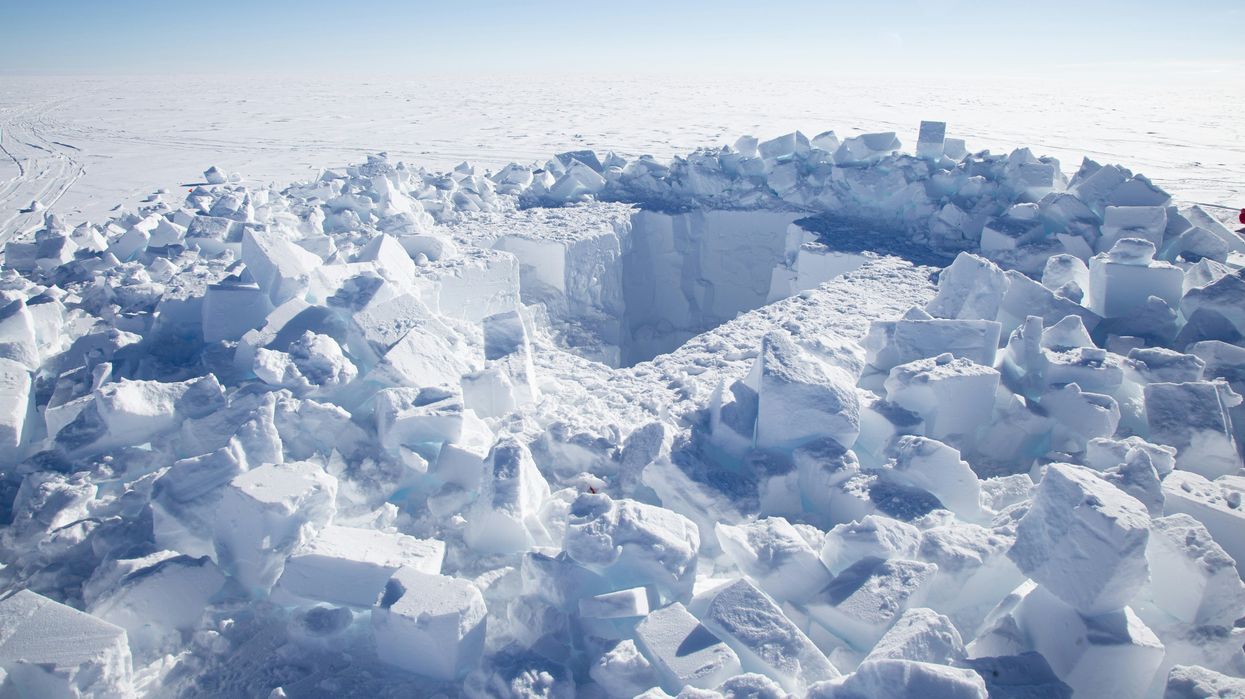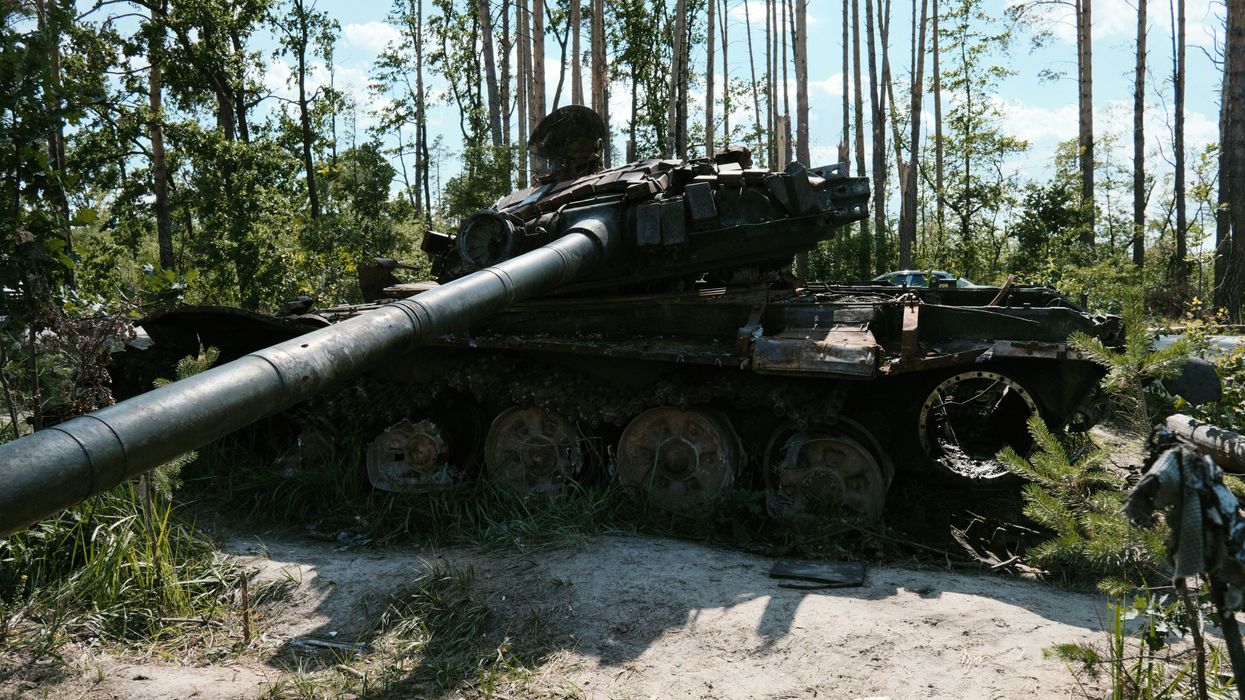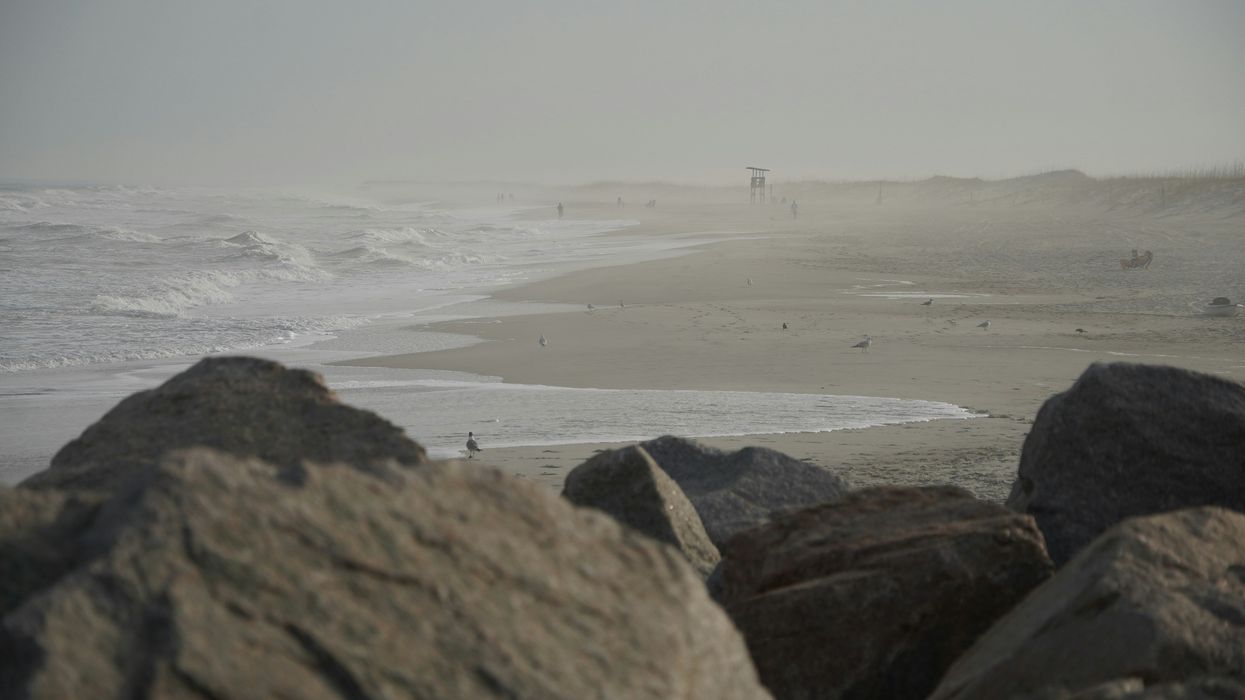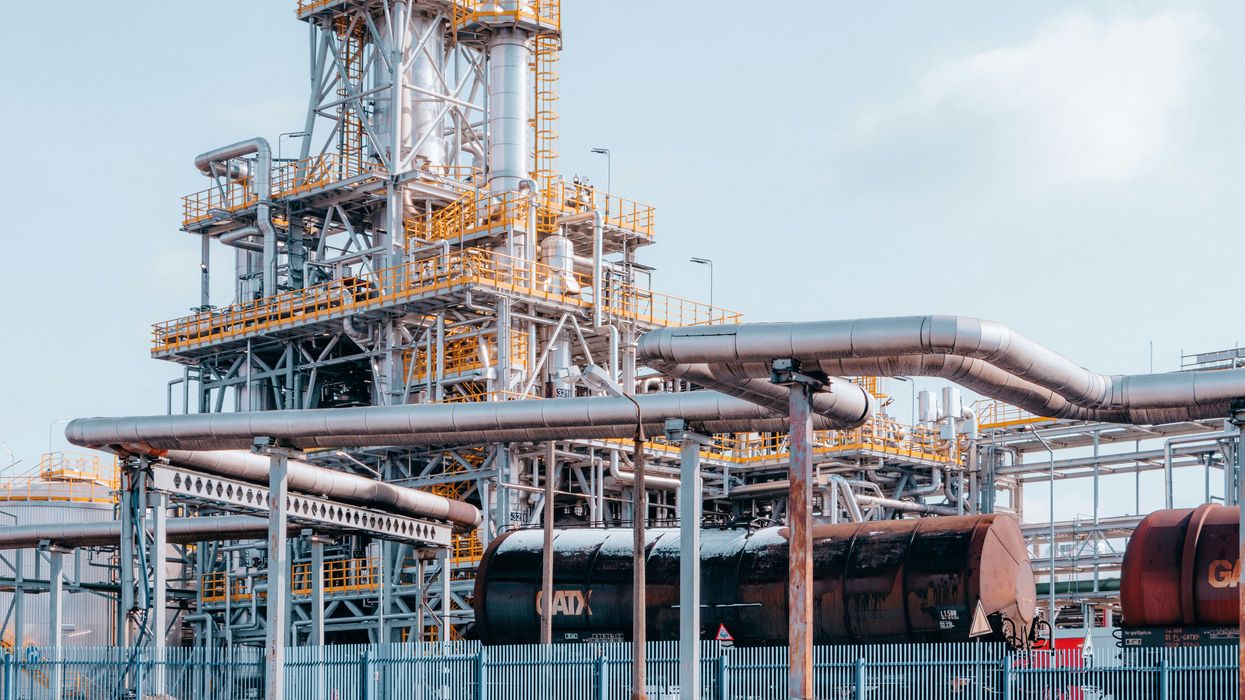In the wake of Europe's pivot from Russian to American energy sources, concerns about dependency and sustainability surface.
Gabriel Gavin reports for POLITICO.
In short:
- Europe's shift to U.S. liquefied natural gas (LNG) post-Russia invasion has sparked debate on over-reliance and future energy security.
- President Biden's halt on new LNG projects reflects climate concerns but stirs European fears of supply shortages and economic impact.
- Analysts and industry insiders call for a balanced approach to energy sourcing, emphasizing the need for diversification and sustainability.
Key quote:
"Texas is known for two things: barbecue and gas. There's money being made and the people making the money don't look like me and they don't live in Port Arthur."
— John Beard, Port Arthur, Texas resident
Why this matters:
While LNG is seen by some as a bridge fuel toward more renewable energy sources, its role in Europe's energy mix is poised to grow in the short to medium term as the continent seeks to balance energy security, economic, and environmental objectives. However, the environmental impact of fracking, methane emissions associated with natural gas, and the carbon footprint of LNG transport raise concerns about the sustainability of relying heavily on LNG.

















